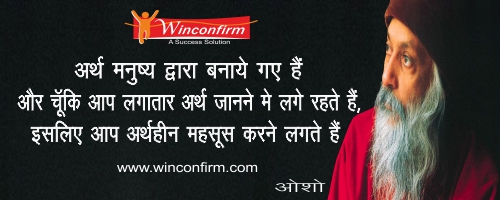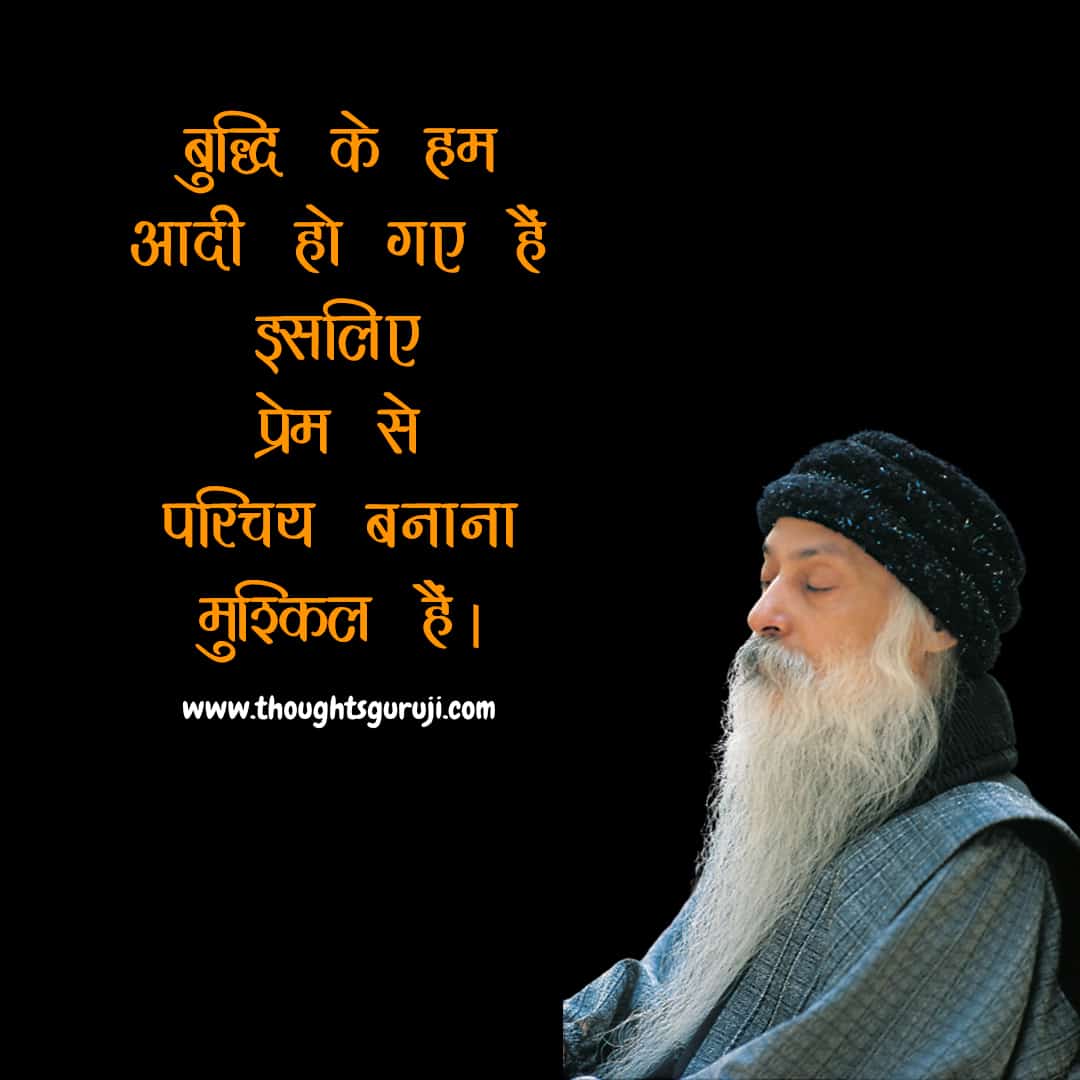


They are single notes, not harmonies, not symphonies. They all belong to the same category: they are too calculative, extremist they miss the opposite extreme. I don’t even feel a duty toward them as I feel toward Mahavira. It would not be alive – if I spoke it would be a dead thing. Many times, just looking at their faces, I decide that I will speak many times I look again and again into the words of Moses and Mohammed, then again I postpone it. Many times my Mohammedan disciples or my Jewish disciples come to me and ask, “Why don’t you speak on Mohammed or Moses?” It is difficult to explain to them. If I had not been born a Jaina I would never have spoken on Mahavira either. I don’t feel like speaking on them I have not spoken on them. The same is true about Moses and Mohammed. He is not inside me and I am not inside him. When I speak on Mahavira I speak as an outsider. I speak on him as my duty but my heart is not there I speak only from the mind. But because I was born a Jaina I have to pay some debts. He is great, enlightened, but like a vast desert you cannot come across a single oasis in him. He is not a mystic, he has no poetry of being. I speak on Mahavira as a part of my duty – my heart is never with him. That the credit cannot be taken away from him. He gives them life, but does not take possession of them When the people of the Earth all know the good as good,īeing and non-being interdepend in growth ĭifficult and easy interdepend in completion Īll things take their rise, but he does not turn away from them There arises the recognition of ugliness. When the people of the Earth all know beauty as beauty, The Tao that can be told of is not the Absolute Tao…Īnd on the rise of relative opposites, he says:


 0 kommentar(er)
0 kommentar(er)
